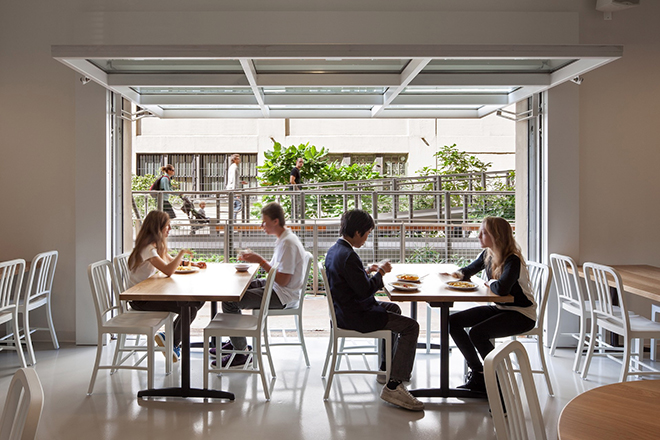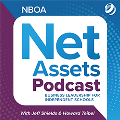Article by Donna Davis
This article is an excerpt from the May/June 2017 feature, "The Best of Both Worlds."
It can be difficult to neatly categorize every new independent school. Some blur the lines or include features several models, like Blyth-Templeton Academy, in Washington, D.C. with its micro-school size and experiential outlook. Here are a few broad examples of paths schools are taking.
Micro-school: the one-room schoolhouse of the 21st century
Micro-schools usually have fewer than 150 students — sometimes as few as six — but strive to personalize education while keeping costs down. Two established players in this space are AltSchool, whose network has six campuses so far, and Acton Academy, founded in 2009 in Austin, Texas, and now with 10 schools and plans for more through its franchise program.
Diploma-granting online school: in higher ed
Several universities, including Stanford, began launching these in the early 2000s primarily for high elite athletes and performers, but their offerings have expanded to attract a broader range of students. Other examples include brick-and-mortar Oaks Christian School, in Westlake Village, California, which in 2011 started an online high school program targeting home-schooled students as well as other students seeking a Christian education and flexible schedule.
Personalized learning: one student, one teacher, one topic
The Fusion Education Group has opened more than 40 Fusion Academy campuses for grades 6 through 12. The model appeals to gifted learners as well as students with learning differences or who are transitioning from boarding schools or treatment programs. Full-time tuition tops $40,000.
Global school: spanning the globe
These schools support a worldwide network of campuses where students share their learning and educators can share best practices. The curriculum emphasizes global knowledge. Avenues: The World School, for example, immerses students in Spanish or Mandarin instruction. GEMS Education, founded in Dubai in 1959, is an international education company with schools in 14 countries.
Progressive: learning by doing
Based on the vision of the 20th-century educational reformer John Dewey, the model has many adherents. Bennett Day School in Chicago says its students are “engaging in activities and lessons which help them develop the and critical thinking skills that are essential to participation in a modern democratic society.”
Experiential: a hands-on approach
As at Blyth-Templeton Academy, students take advantage of their surroundings. The Association of Experiential Education describes student-led, student-centered learning in which “experiences are structured to require the learner to take initiative, make decisions and be accountable for results.”



